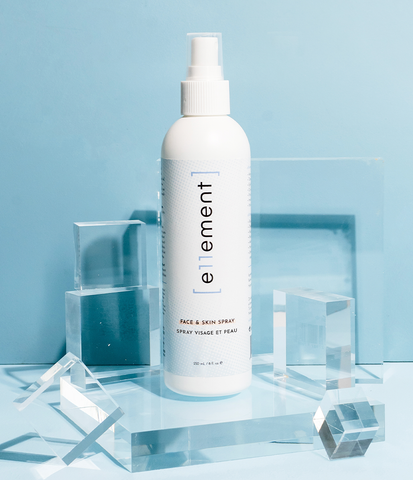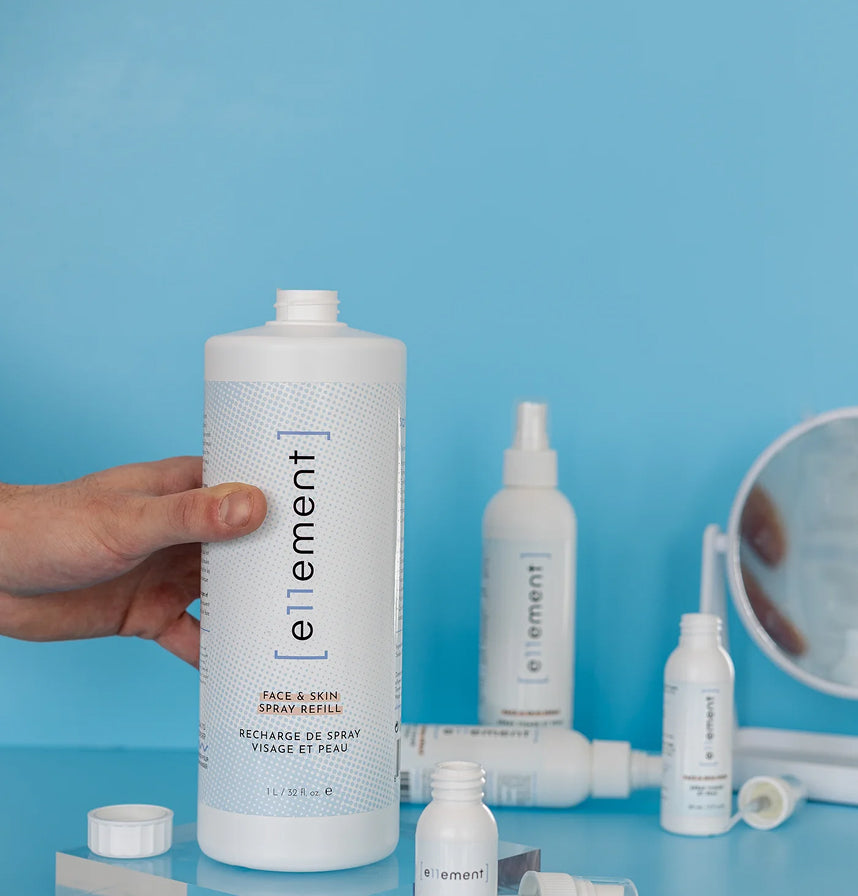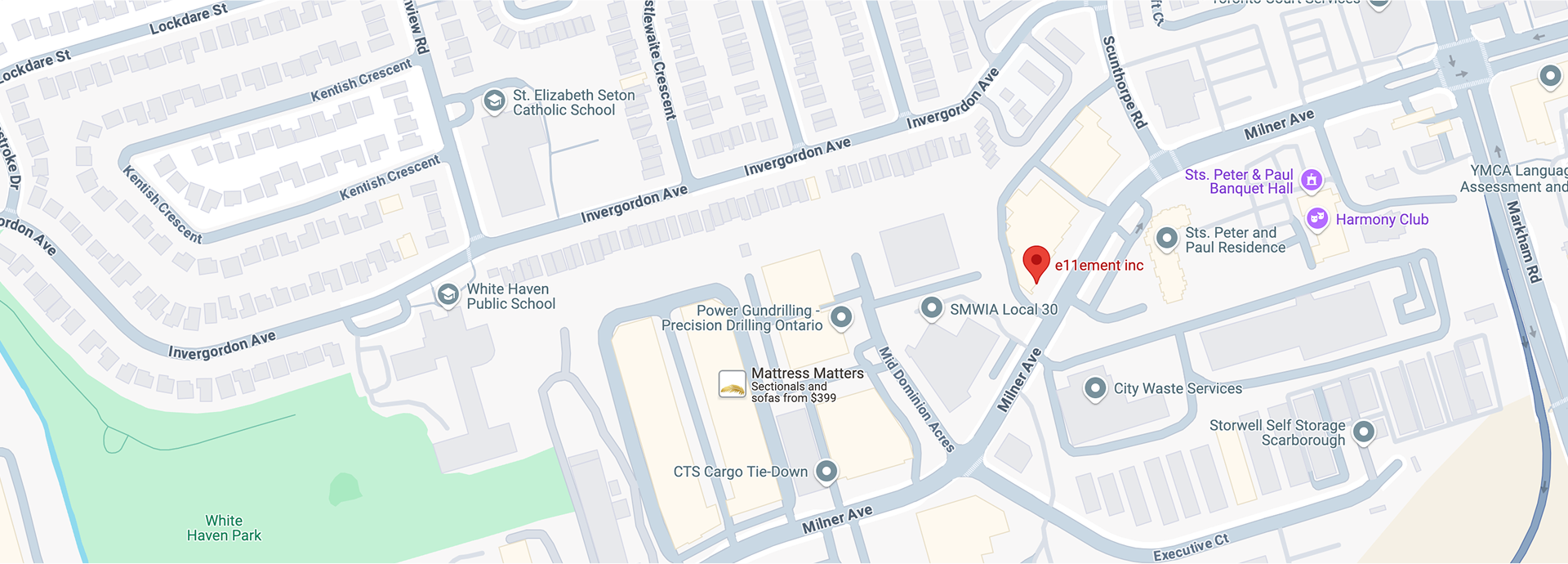Winter often brings an increased risk of viral infections, including colds, influenza, and other respiratory illnesses. While traditional cleaning agents help maintain hygiene, innovative solutions like Hypochlorous Acid (HOCl) are gaining attention for their effectiveness. This article delves into Hypochlorous Acid, its properties, and whether it can combat winter viruses effectively.

What Is Hypochlorous Acid?
Hypochlorous Acid (HOCl) is a naturally occurring molecule produced by white blood cells in the human immune system. It plays a key role in fighting infections by neutralizing pathogens, including bacteria, viruses, and fungi. It is also synthetically manufactured through a process called electrolysis, where salt, water, and electricity are combined to create a powerful yet non-toxic disinfectant.
HOCl is widely used in various industries, including healthcare, food safety, and water treatment, due to its ability to disinfect surfaces without harmful residues.
How Does Hypochlorous Acid Work?
The effectiveness of Hypochlorous Acid lies in its unique chemical structure. HOCl is a weak acid, but it has strong oxidizing properties that allow it to disrupt the cell membranes of harmful pathogens. When pathogens come into contact with HOCl, it penetrates their membranes and inactivates their internal components, rendering them non-infectious.
This mechanism is highly efficient against viruses because it targets their lipid envelopes or protein structures, which are essential for their survival and replication.
Why Winter Viruses Are a Concern
Winter viruses, such as influenza and coronaviruses, thrive in colder months due to several factors:
- Lower Humidity: Dry air weakens the protective mucous lining in the respiratory tract, making it easier for viruses to enter the body.
- Indoor Gatherings: People spend more time indoors during winter, increasing the risk of virus transmission.
- Seasonal Strains: Many viruses become more active or mutate during colder months, leading to seasonal outbreaks.
These factors highlight the need for effective disinfection methods to minimize the spread of winter viruses.
Is Hypochlorous Acid Effective Against Winter Viruses?
Research and practical applications suggest that Hypochlorous Acid is highly effective against a wide range of viruses, including those commonly associated with winter. Here's why:
Broad Spectrum Antiviral Properties
HOCl has been proven effective against both enveloped and non-enveloped viruses. Enveloped viruses, such as the influenza virus and certain coronaviruses, have lipid membranes that HOCl can easily disrupt. This makes HOCl a reliable disinfectant for combating the viruses that cause flu and colds.
Non-Toxic and Safe for Use
Unlike harsh chemicals such as bleach, Hypochlorous Acid is non-toxic and safe for use around people, including children and pets. This quality makes it ideal for disinfecting surfaces in homes, schools, offices, and public spaces during the winter season.
Fast-Acting and Efficient
HOCl works quickly to neutralize viruses. Studies indicate that it can inactivate most pathogens within seconds to minutes, making it a time-efficient solution for maintaining hygiene.
Environmental Friendliness
Hypochlorous Acid breaks down into water and trace amounts of salt after use, leaving no harmful residues. This makes it an eco-friendly choice for combating viruses during winter, as it reduces chemical exposure and environmental pollution.
Applications of Hypochlorous Acid for Winter Hygiene
1. Surface Disinfection
HOCl is commonly used to disinfect high-touch surfaces such as doorknobs, countertops, and light switches. Regular use in these areas can significantly reduce the risk of viral transmission.
2. Air Disinfection
Hypochlorous Acid can be dispersed into the air using fogging or misting devices, effectively neutralizing airborne pathogens. This is especially useful in crowded indoor spaces during winter months.
3. Hand Hygiene
Some HOCl solutions are formulated as hand sanitizers. These are gentle on the skin while being effective against viruses, making them an excellent alternative to alcohol-based sanitizers that can cause dryness.
4. Sanitizing Personal Items
Winter viruses can survive on objects like phones, keys, and wallets. HOCl can be used to safely sanitize these items without damaging them.
Scientific Evidence Supporting HOCl’s Efficacy
Several studies have examined the antiviral properties of Hypochlorous Acid:
- A study published in Journal of Hospital Infection demonstrated that HOCl solutions effectively inactivate influenza viruses on surfaces.
- Research in Emerging Infectious Diseases highlighted HOCl’s ability to neutralize coronaviruses, including SARS-CoV-2, the virus responsible for COVID-19.
- Clinical trials have shown that HOCl is effective in healthcare settings for controlling outbreaks of respiratory infections.
These findings reinforce Hypochlorous Acid’s potential as a practical tool for reducing the spread of winter viruses.
Safety Considerations When Using Hypochlorous Acid
While Hypochlorous Acid is generally safe, it’s important to follow manufacturer guidelines for its use:
- Concentration Levels: Use the recommended concentration for disinfection purposes, typically between 100–200 ppm (parts per million).
- Storage: Store HOCl solutions in cool, dark places to maintain their effectiveness over time.
- Application Methods: Ensure proper ventilation when using fogging devices to prevent excessive inhalation.
This comparison underscores why Hypochlorous Acid is a preferred choice for winter virus prevention.
Conclusion
So, is Hypochlorous Acid effective against winter viruses? The answer is a resounding yes. Its broad-spectrum antiviral properties, safety, and environmental benefits make it a valuable tool for combating winter viruses like influenza and coronaviruses. Whether for surface disinfection, air sanitization, or hand hygiene, HOCl offers a practical and reliable solution for maintaining health during the colder months.























